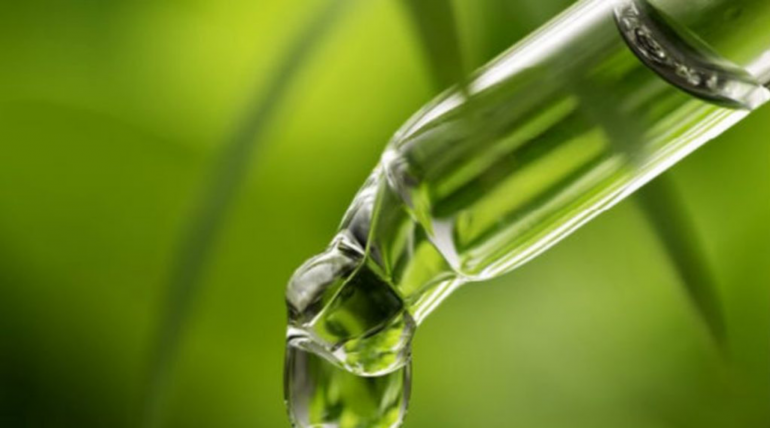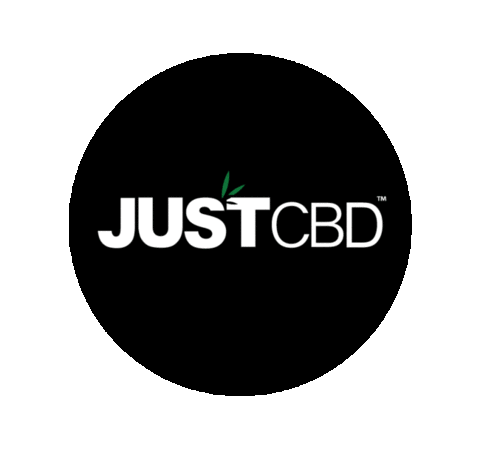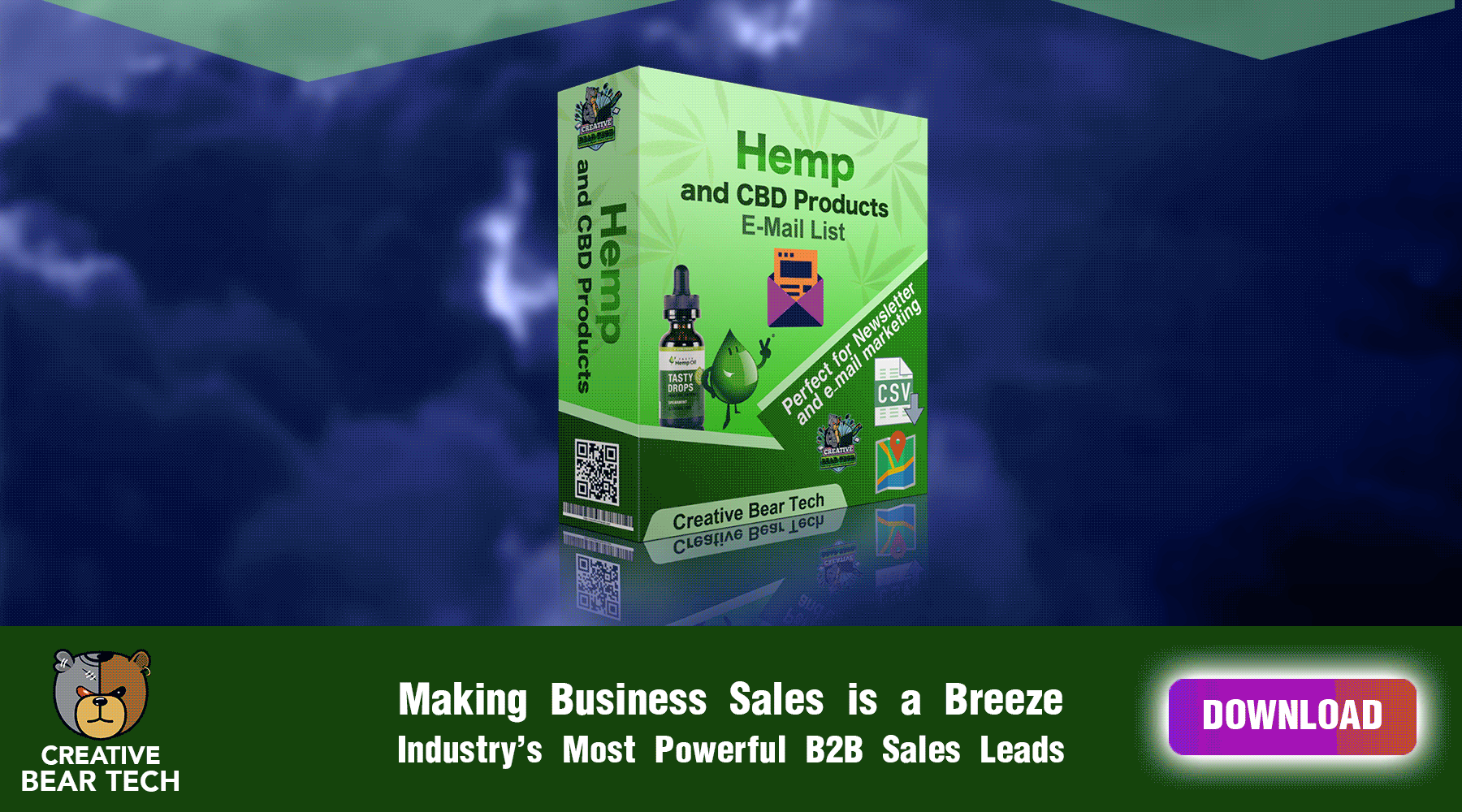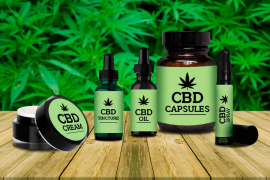This short guide intends to equip you with the most essential information about CBD, including how it works on the human body, the legality of CBD, whether or not it causes a high and how to choose the right CBD oil.
If you are looking to improve your health and overall well being, hemp CBD extract may well be the most important supplement for you to take.
While many herbs can be effective for a wide variety of conditions, hemp CBD extract is in a league of its own.
According to a list compiled from hundreds of peer-reviewed articles in scientific journals and PubMed (an online service of the U.S. National Library of Medicine), hemp CBD has been found therapeutic for more than 50(!) conditions ranging from acne and insomnia to epilepsy and seizures.
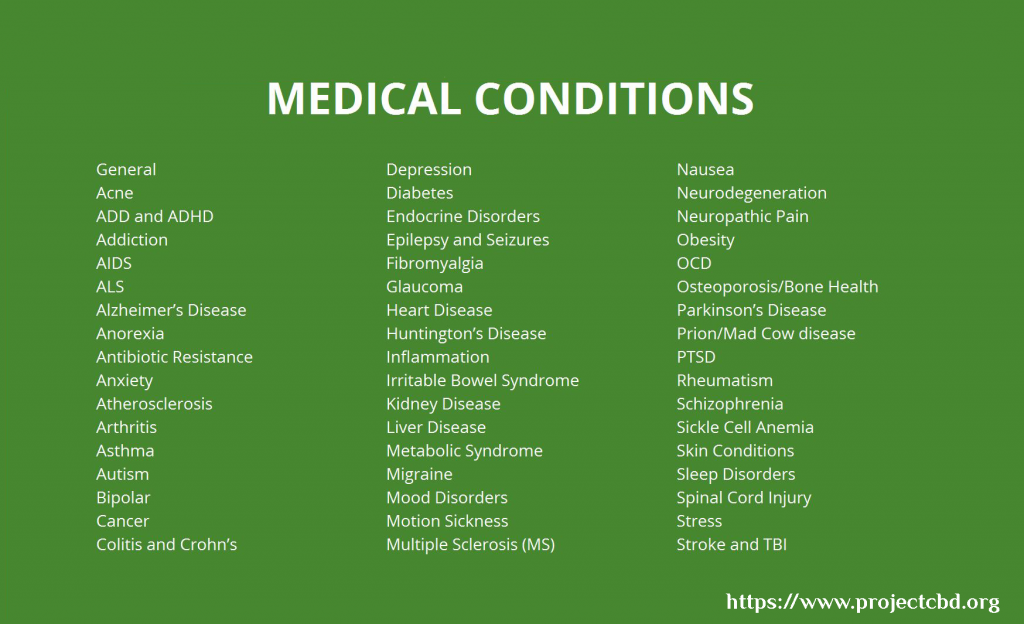
But how can one plant extract treat such a long and varied range of conditions?
This is thanks to the plant’s numerous – over 100 – active compounds called cannabinoids.
In fact, our bodies also produce cannabinoids. And we call them endocannabinoids, from ‘endo’ meaning ‘‘internal’ in Greek.
- Endocannabinoids — cannabinoids produced by the human body
- Phytocannabinoids — cannabinoids produced by a plant, i.e. hemp
THE HUMAN ENDOCANNABINOID SYSTEM (HES)
Hemp phytocannabinoids discharge their beneficial action via the Human Endocannabinoid System (HES), which was discovered back in the 1990s.
The discovery of HES is arguably the most important discovery in human physiology in the late 20th century.
Scientists have found HES to be of the paramount importance in our bodies. Its receptors (called CB1 and CB2) are ubiquitous and are found in every organ of the body. It is responsible for maintaining and controlling homeostasis, or balanced regulation of each and every system in the body. HES regulates a wide array of bodily functions, from appetite to sleep patterns, moods, metabolism, immune response, the lifespan of cells and much much more.
Scientists still need to understand a lot about HES, but as of today HES appears to be the system behind all the other body systems, thus, it sort of holds the key to overall health and well-being.
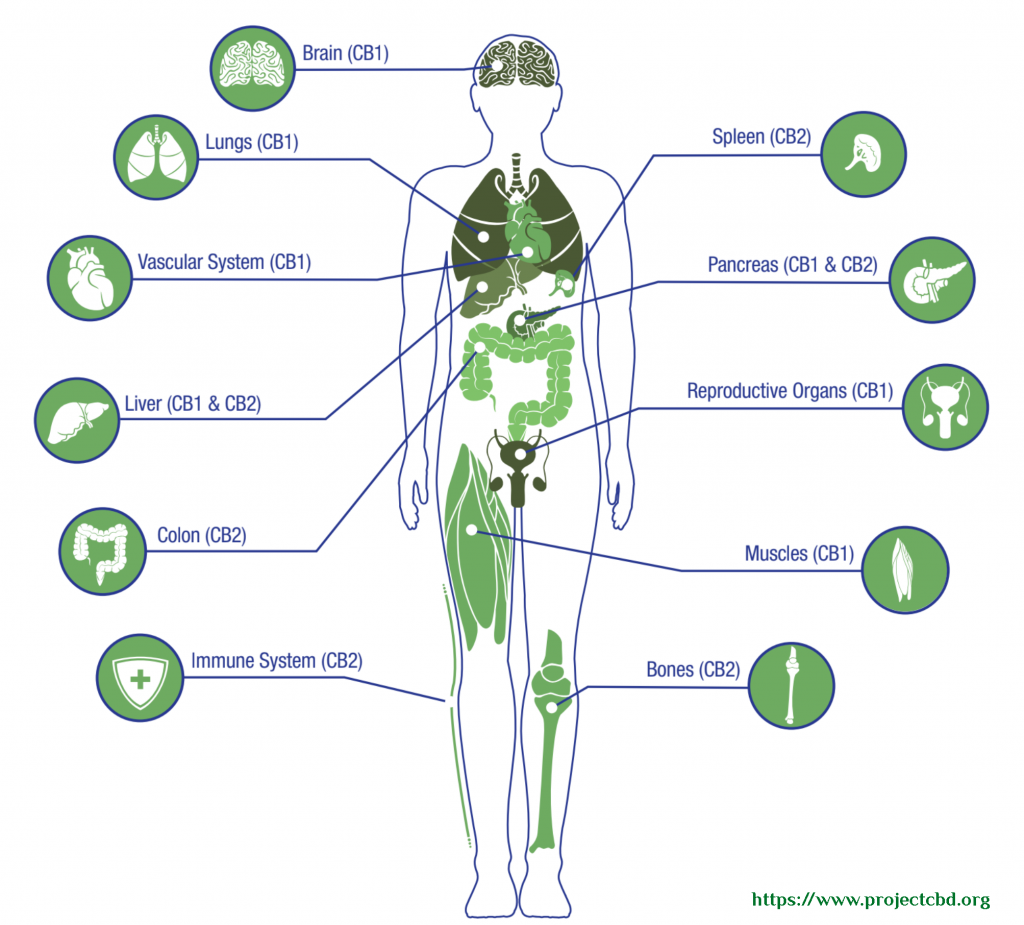
CLINICAL ENDOCANNABINOID DEFICIENCY (CED)
Already back in 2001, the theory of clinical endocannabinoid deficiency (CED) was put forward by Dr. Ethan Russo, neurologist and medical scientist.
Now imagine for a moment what would happen if you never took vitamin C in your entire life because the government made it illegal? Surely, after a while, all kind of problems and disbalances would arise due to vitamin C deficiency.
Luckily for us, the wave of hemp legalization, which has started a few years ago is rolling across the globe at full speed, with more and more countries are legalizing hemp for medical use and for research purposes.
Already in his 2016 research update, Dr. Ethan Russo defined criteria for the evidence of cannabinoid deficiency:
- All increased sensitivity to pain
- Extensive negative diagnoses
- Elevated anxiety and depression
- Psychosomatic origin (caused by internal conflict or stress) and more
Don’t we all experience these symptoms to some extent?
Without sufficient cannabinoids in our diet, the HES operates at less than optimum efficiency, resulting in a general decline in overall health. Supplementing our diets with full spectrum phytocannabinoids by consuming CBD oil may be an essential component to achieving optimal health and regeneration.
Some doctors go as far as to claim that “More people will be saved by the manipulation of the endocannabinoid system than are currently saved by surgery.”
As scientists are just starting to make sense of clinical endocannabinoid deficiency, we cannot help but ask: What modern diseases could vanish altogether once the endocannabinoid system is better understood?
HEMP VS. MARIJUANA, CBD VS. THC
The legalisation of medical marijuana has caused a lot of confusion, and the current CBD market can be compared to the Wild West. There are no real rules or regulations as to what medical CBD oil is and what it can be called. There is a lot of misinformation floating around.
One of the main points of confusion comes from the fact that the media often uses the term marijuana to refer to hemp and vice versa. This raises other issues, the most common of which are the legality of CBD oil and whether or not it causes a high. Now let’s set the record straight as to what is meant by hemp, marijuana, cannabis, cannabidiol, medical CBD oil, THC and hemp seed oil.
Cannabis is the Latin, or scientific name, for the entire plant family. Marijuana is a colloquial name for the cannabis plants but is mainly used in reference to cannabis strains which cause a psychoactive effect, euphoria, a so-called “high”. What is generally referred to as hemp plant, on the other hand, is completely non-psychoactive and has been used for centuries for to make a variety of commercial and industrial products including rope, textiles, paper, etc.
In the UK, Europe and USA, psychoactive marijuana is a controlled substance. However, as of the end of 2018, UK, Europe and all of the US states have instituted legislation to regulate the cultivation of non-psychoactive hemp and allow its use as medicine. Some US states, as well as Canada, have also legalized marijuana for recreational use.
Marijuana is high in the psychoactive compound THC, or delta-9 tetrahydrocannabinol, the compound that causes a euphoric feeling. Hemp, on the other hand, has negligible amounts of THC. In fact, in order to be legally cultivated, hemp must contain less than 0.2% THC.
Medical CBD oil, aka cannabidiol, is a natural essential oil, which is extracted from the flowers and leaves of the hemp plant. As with hemp, in order to be legally sold, it must contain less than 0.2% of the psychoactive component, THC. Thus, CBD does not cause a feeling of being “high” or “stoned”.
Another important distinction to be made is that hemp seed oil and CBD oil are not the same product.
Hemp seed oil, sometimes referred to as hemp oil, is harvested by cold-pressing hemp seeds. Hemp seed oil is generally used for cooking and as a dietary supplement as it is a good source of polyunsaturated and essential fatty acids. Hemp seed oil does not contain any CBD or other cannabinoids.
Medical CBD oil, on the other hand, is made by extracting the essential oils from the plant’s flower clusters and contains cannabinoids, terpenes, and other active compounds.
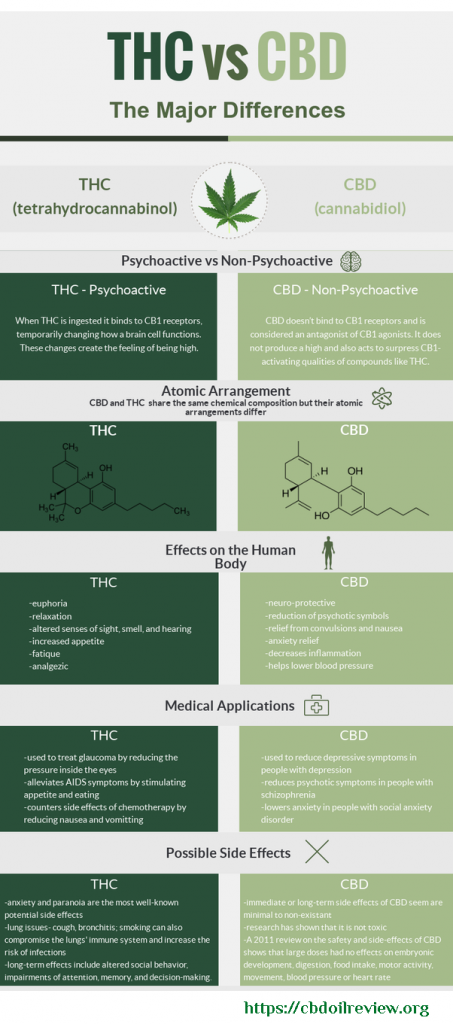
8 THINGS TO KNOW TO CHOOSE THE BEST HEMP CBD OIL
Now that you are convinced or at the very least curious about the paramount importance of hemp CBD for your health, the question arises – how to choose the right CBD oil for your condition or improving general well-being.
Note that, it is not about choosing the right hemp CBD oil to treat a specific condition. The oil works holistically on the whole body and can universally treat all conditions via the human endocannabinoid system. It is rather about choosing good quality hemp CBD oil.
While all bottles in the industry may be labelled “CBD”, not all hemp CBD oil is created equal. Here are the 8 most important things you need to consider to avoid disappointment and make an informed decision about the health product you are going to select.
1. Independent Test Certificates
The Journal of the American Medical Association has published a study which revealed that nearly 70%(!) of hemp CBD oil products sold online were mislabeled. “Only 30 percent of CBD products purchased contained an actual CBD content…” stated in the press release about the JAMA study. The U.S. Food and Drug Administration (FDA) reported similar findings about the hemp CBD products in 2015.
Given the overwhelming degree of misinformation in the new unregulated industry, look for independent third party test certificates to ensure that the hemp CBD products contain what they claim to.
2. Organic Hemp CBD Oil
Hemp is known to be one of the most highly-absorbent plants. It means that contaminants such as pesticides, chemicals, metals, etc. may ultimately end up in your hemp CBD oil.
The best course of action is to select a hemp CBD oil, which was grown and manufactured in the EU. European regulations regarding hemp are very strict and ensure the highest-quality organic farming standards.
Reputable manufacturers usually state clearly where their hemp CBD oil is sourced from. And again, look for third-party lab test results, which is an indication that the manufacturer takes its quality standards seriously and guarantees that the product is free from contaminants.
3. CO2 Extraction
Often less expensive hemp CBD oils may use harmful solvents such as butane or propane. While this extraction process is cheaper, the question is do you really want to compromise the health benefits of your hemp CBD oil with products that may contain residuals of the toxic substances.
Supercritical CO2 extraction is proven to be the best method for creating hemp CBD oil. This method involves using carbon dioxide under high pressure to isolate over 100 cannabinoids from the raw hemp botanical material. Reputable manufacturers employ CO2 extraction and are proud to mention it.
4. Full-spectrum CBD Oil
Raw hemp material can be put through a series of filtration and distillation processes to extract only one cannabinoid compound (out of over 100), namely the CBD. This extract is then called CBD isolate. In its pure form at room temperature, it looks like solid crystals almost without any smell and colour. CBD isolate is devoid of the benefits of other cannabinoids and active ingredients present in the plant.
Full-spectrum CBD is an extraction of all the active compounds present in the plant and contains all the naturally occurring cannabinoids found in hemp. The evidence is mounting that other cannabinoids naturally contained in the plant provide a host of additional benefits not seen in isolates, thus making full-spectrum CBD hemp oil the best choice. These compounds seem to work in synergy with CBD, creating a powerful entourage effect.
Another type of oil is broad-spectrum hemp CBD. Broad spectrum is made by combining CBD isolate and other isolated cannabinoids and active ingredients. Oftentimes, broad-spectrum oils are less expensive to produce, but they lack the intelligence of the original nature-intended synergistic balance.
And finally, there is synthetically-produced CBD. While it may be the cheapest type of CBD, it is also the least effective and can produce unwanted side-effects.
5. Concentration of CBD Oil
Hemp CBD oil is available in various concentrations, which are expressed in milligrams (mg) or percentage terms. To compare different products, express CBD concentration in percentage terms by dividing the CBD amount in milligrams by the total amount of liquid in the bottle. A 10 ml bottle is 10,000 mg. Thus, 500 mg of CBD per 10 ml bottle equals 500/10,000*100=5%.
While higher doses of CBD will have a more pronounced effect, it is best to start with a low entry-level concentration of 5%.
Observe the effects over the course of several days and make adjustments if needed. If you do not see the desired effects after 5-7 days, start gradually working your dose up.
Note, that as a natural holistic remedy, CBD oil/tinctures may not necessarily produce desired effects immediately after taking as pharmaceutical drugs do. Most pharmaceutical drugs act chemically in a very targeted way with the purpose of alleviating symptoms rather than mobilizing internal resources and gradually helping the body to heal.
It is observed that it takes the body at least one week to start accumulating and using hemp CBD active ingredients in an optimal manner.
6. Negligible THC
THC is one of the active compounds of cannabis, the one that gives a feeling of euphoria and a high. As of the beginning of 2019, only products with less than 0.2% THC are illegal. 0.2% is an extremely low dosage and does not generate any psychoactive effects. Check the packaging to make sure that there is no unnecessary THC in the product.
7. Made with Hemp Seed Oil
CBD oil can be made with a number of oils as a base, including coconut oil, grapeseed oil or hemp seed oil. Studies have found that the hempseed oil is the by far best agent for CBD, as it increases its bio-availability by protecting it from being broken down by stomach acids. Furthermore, hemp seed oil has been dubbed “Nature’s most perfectly balanced oil” due to the fact that it contains the perfectly balanced 3:1 ratio of essential fatty acids (EFAs) Omega 3 : Omega 6 for long term human consumption.
8. Unnecessary ingredients
In its original form, hemp CBD oil has a grassy, astringent taste, which some people may find unpleasant. Companies try to mask it with the use of artificial flavourings. Ask yourself, if you would like to get a dose of potentially harmful ingredients every time you use your hemp oil supplement to improve your health and well being.
Bear in mind these 8 points and you will be able to make a good choice of your hemp CBD oil.
To conclude, let me leave you with this one thought. The research findings on CBD published in the past few years look nothing short of miraculous. With no significant side-effects reported, what can possibly hold you back from giving a go to the amazing natural medicine to see what it can do to improve your health and wellbeing?
- A new survey reveals – the pandemic has increased CBD use - March 30, 2021
- Epidemic of insomnia sees JustCBD formulate sleep-specific CBD gummies - March 18, 2021
- UK-based hedge fund acquires celebrity fashion brand Dimepiece in $50 million deal - March 18, 2021

